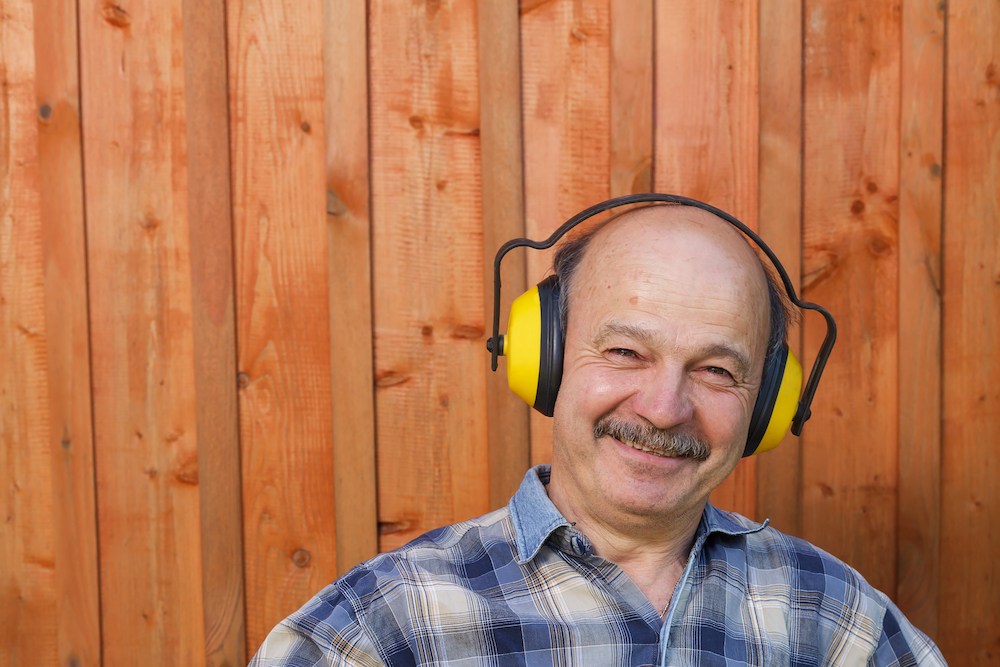Early Warning Signs of Hearing Loss You Might Be Missing
You’ve probably noticed that you’re doing certain things


You’ve probably noticed that you’re doing certain things

Fall brings seasonal changes to your routine and activities that can

The way hearing care is viewed is gradually shifting. In the past, many